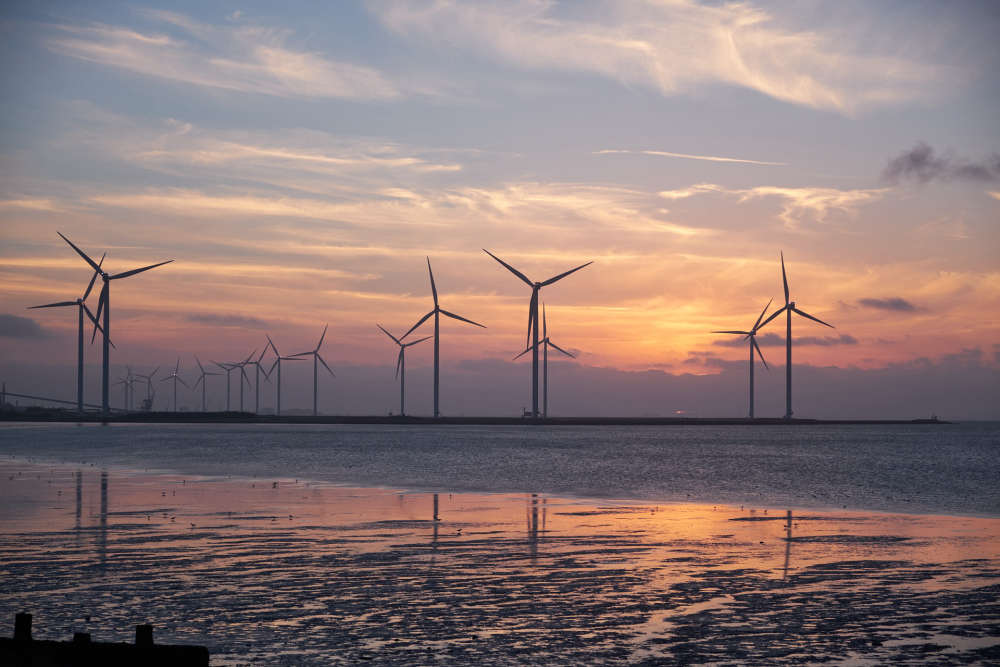
It has been revealed that more than 70% of people who have responded to a survey feel positive about plans for an offshore wind farm.
A four-month-long public consultation asked people for their opinions on the wind farm plans, which ministers have previously said could generate up to six times the island's power needs.
Three-quarters of replies say it is important to grow the economy and create new jobs for people in the island, and one in seven people think the extra income in the public purse is a crucial benefit of the wind farm.
The idea, presented last October by former Environment Minister Deputy Jonathan Renouf, is that the extra energy produced could be sold to other countries.
Current Environment Minister Deputy Steve Luce says he was trying to stay quite neutral at the beginning, before taking his role, although over the last few months, he has changed his mind.
"As I've become more familiar with the project and officers officer that I have spoken to on my own, that I'm more convinced that there is something for the island here that needs to be investigated further."
More than 80% of respondents believe that Jersey's energy security is an important benefit of the wind farm, with people expressing that energy independence is a positive factor of the plans.
Jersey imports around 95% of its electricity from France through three multi-million pound supply cables, with a third coming from hydro sources and the rest from nuclear power.
Consultees are excited about the prospects of green energy, with three-quarters saying it is important to create low-carbon energy sources and help other countries reduce fossil fuel use.
“Our ability to be self sufficient in a more resilient way than ever before whilst harvesting energy that will be cleaner than anything before.”
“I think it is an unbelievable opportunity to leave the traditional energy methods behind and embrace renewable clean energy It’s a no brained [sic] to enhance nature for our benefit I would also support tidal energy too”
“The ability to secure our own energy and not reliant on French state (which by its recent threats to our energy has not only shown itself an unreliable partner, but also one which seeks leverage over us). We would be able to be a good neighbour by exporting our energy to our Europen [sic] network neighbours.”
However, when asked, 65% raised concerns about the impact on wildlife, the project's cost, the speed of construction, the visual impact and the government's ability to deliver it.
Parallels were drawn between the hospital project and previous governments' track records.
“The government and civil service have clearly demonstrated they cannot deal with large projects successfully, without endless amounts of taxpayer money being poured down the drain. This will be no different. The contracting developers will run rings round the Minister and his team.”
“Only how the 'Our Hospital' project has devolved into a horrendous mess because of political evolvement [sic]. If the assembly is minded to approve the project, funding mechanisms up to X, and subject to any constraints upon a developer - that and future assemblies must go 'hands off' and let the market fill the gap thereafter and not meddle or interfere. Most importantly it shouldn't be a 'government led' project.”
“Slow speed of decision making worries me. This is critical to our climate efforts and our continued independence.”
Regarding funding the project, 33% of respondents believe there should be a private/public partnership, using taxpayers' money and taking bids from investors.
Other popular plans include taking a 'mainly' private or solely private path.
The States Assembly is expected to debate in mid-April where to pursue the idea.


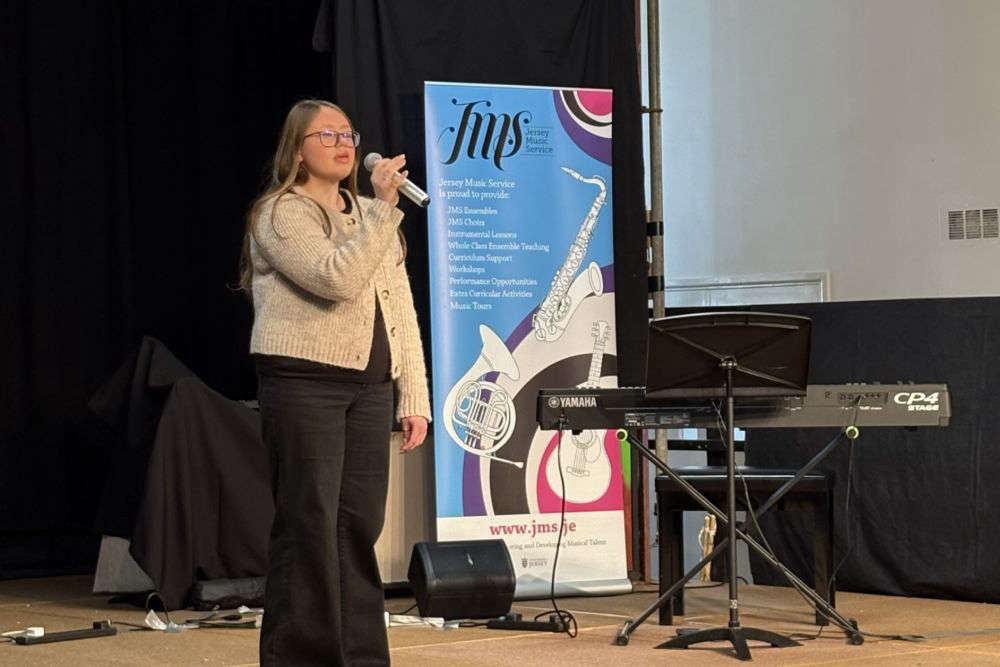 The first 'Jersey Contemporary Musician' will be crowned this weekend
The first 'Jersey Contemporary Musician' will be crowned this weekend
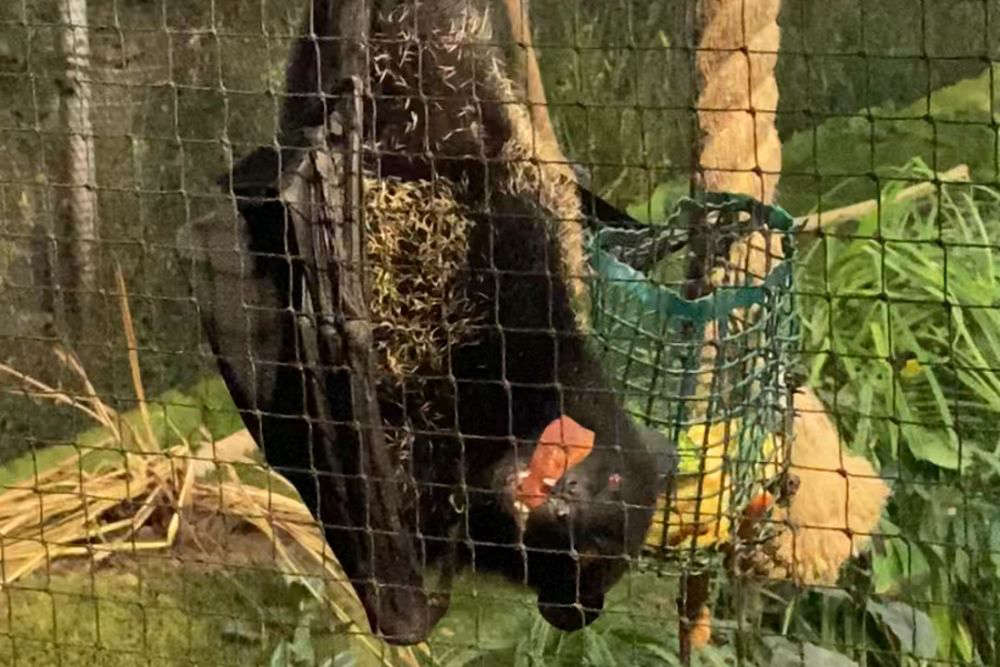 Ten rare bats at Jersey Zoo die from infection
Ten rare bats at Jersey Zoo die from infection
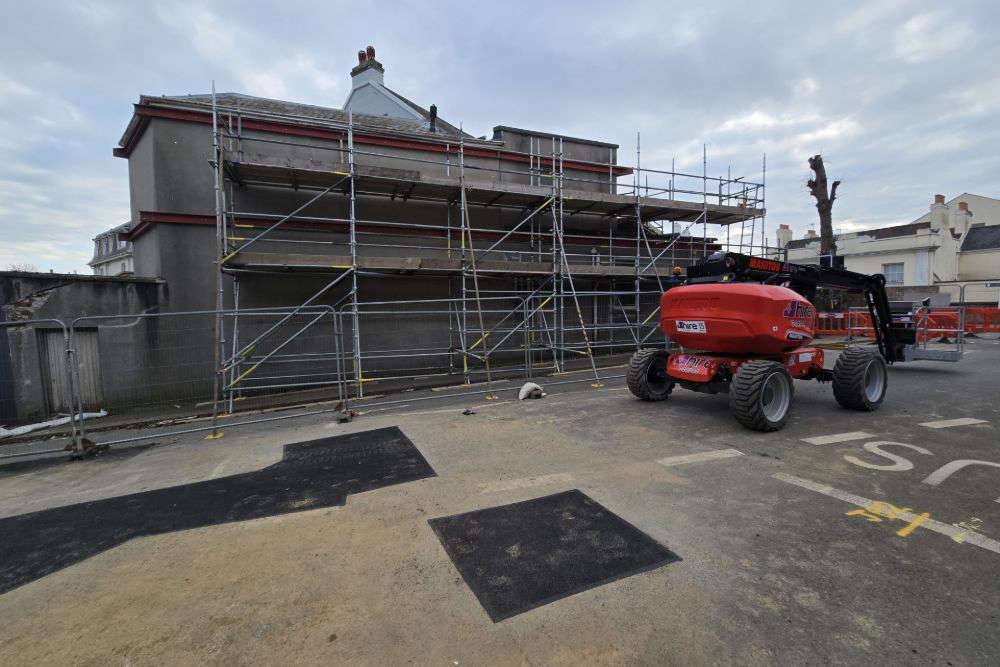 Still no date for Rouge Bouillon reopening
Still no date for Rouge Bouillon reopening
 New-look Youth Assembly hopes to attract more teens
New-look Youth Assembly hopes to attract more teens
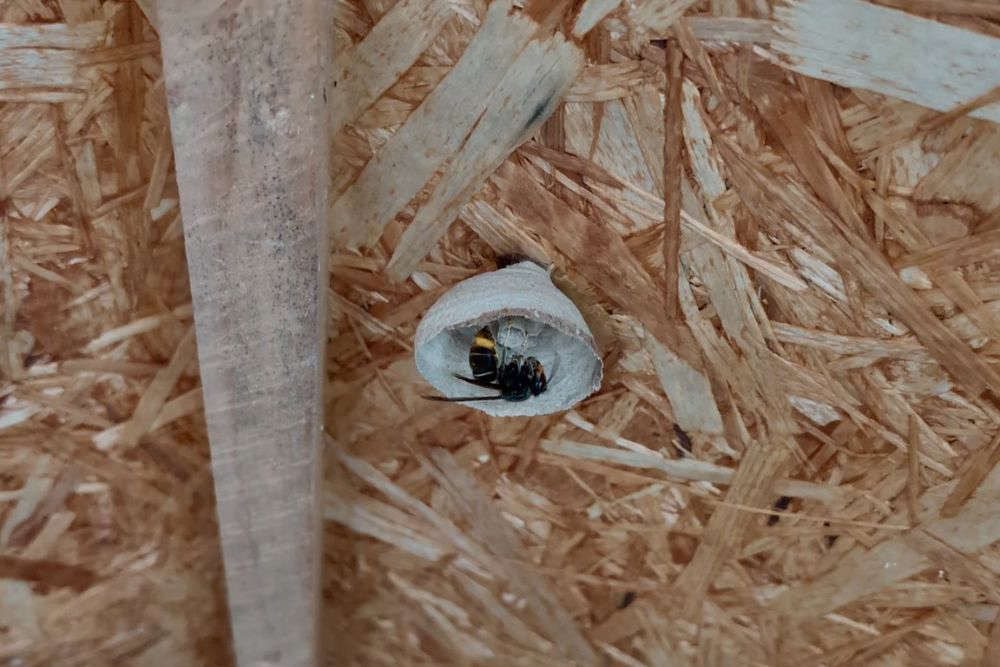 Record year for Asian hornets in Jersey already
Record year for Asian hornets in Jersey already
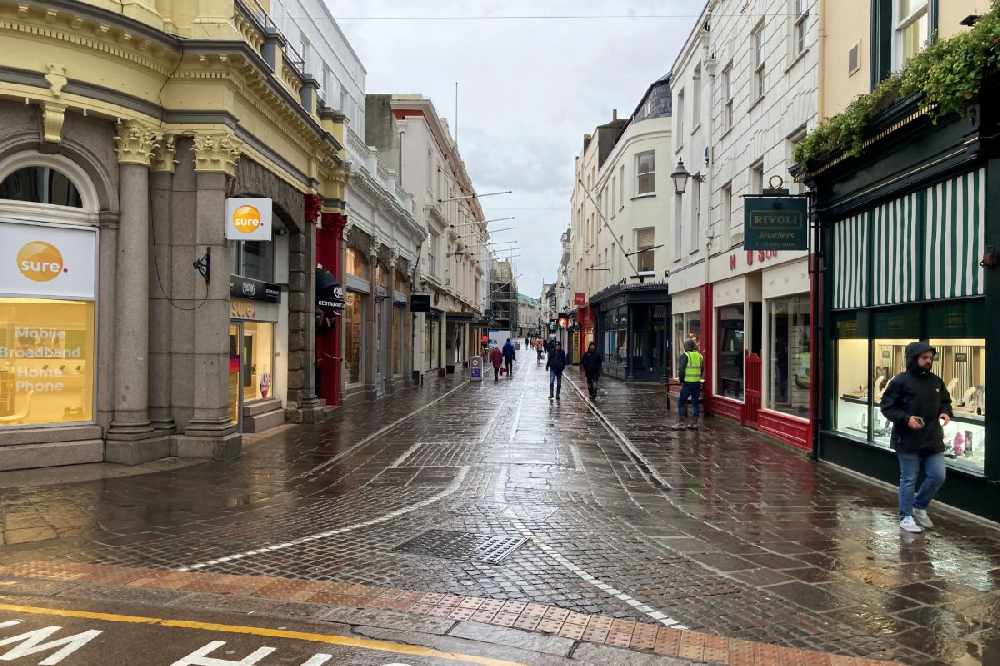 Man accused of assaulting young girl twice on St Helier's high street
Man accused of assaulting young girl twice on St Helier's high street
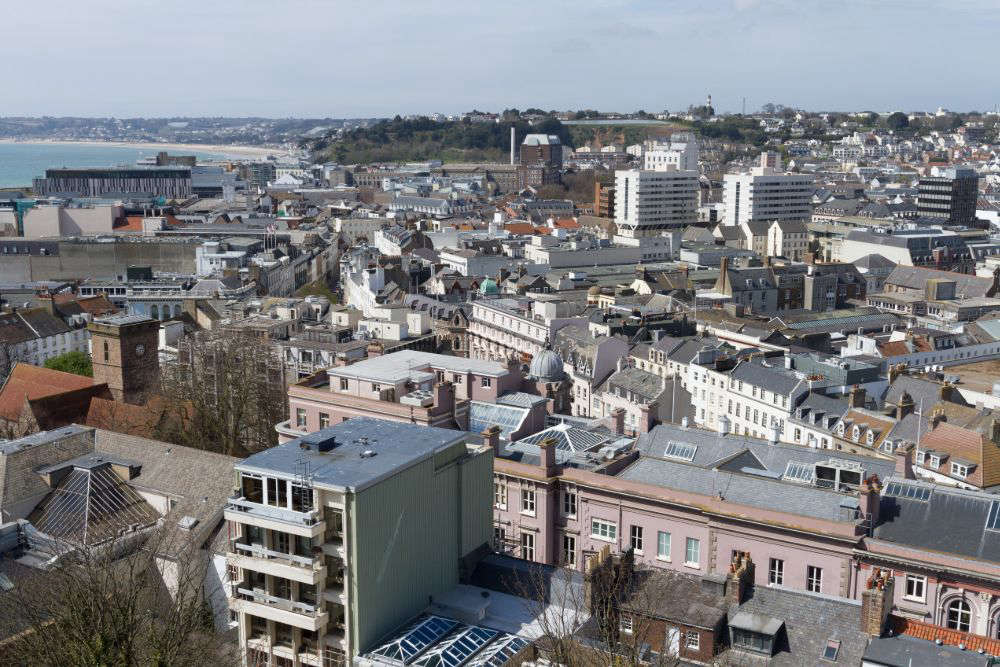 Tenant experiences needed to inform changes to renting laws
Tenant experiences needed to inform changes to renting laws
 Organ donors to be recognised with public memorial
Organ donors to be recognised with public memorial



